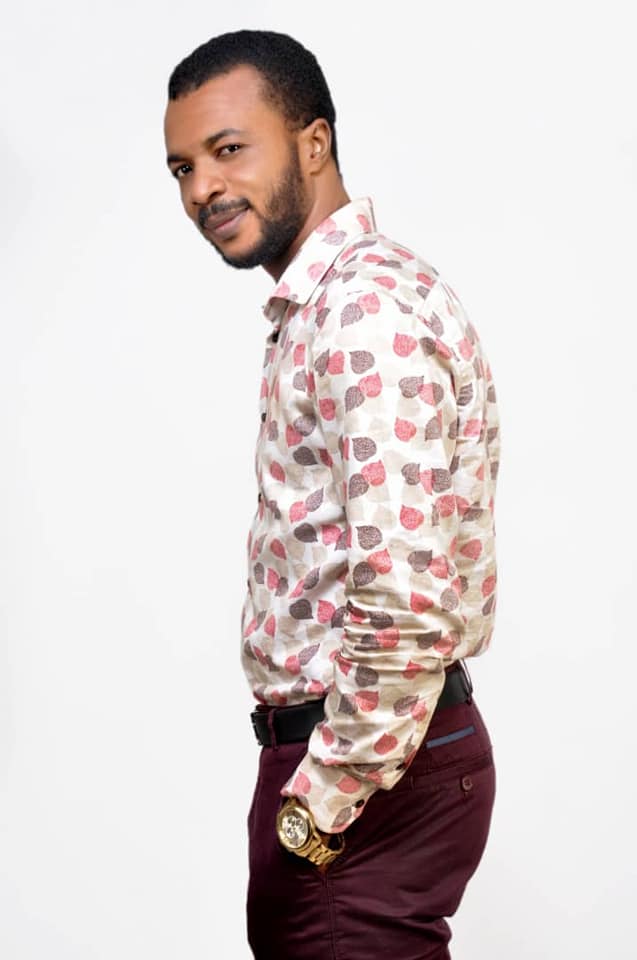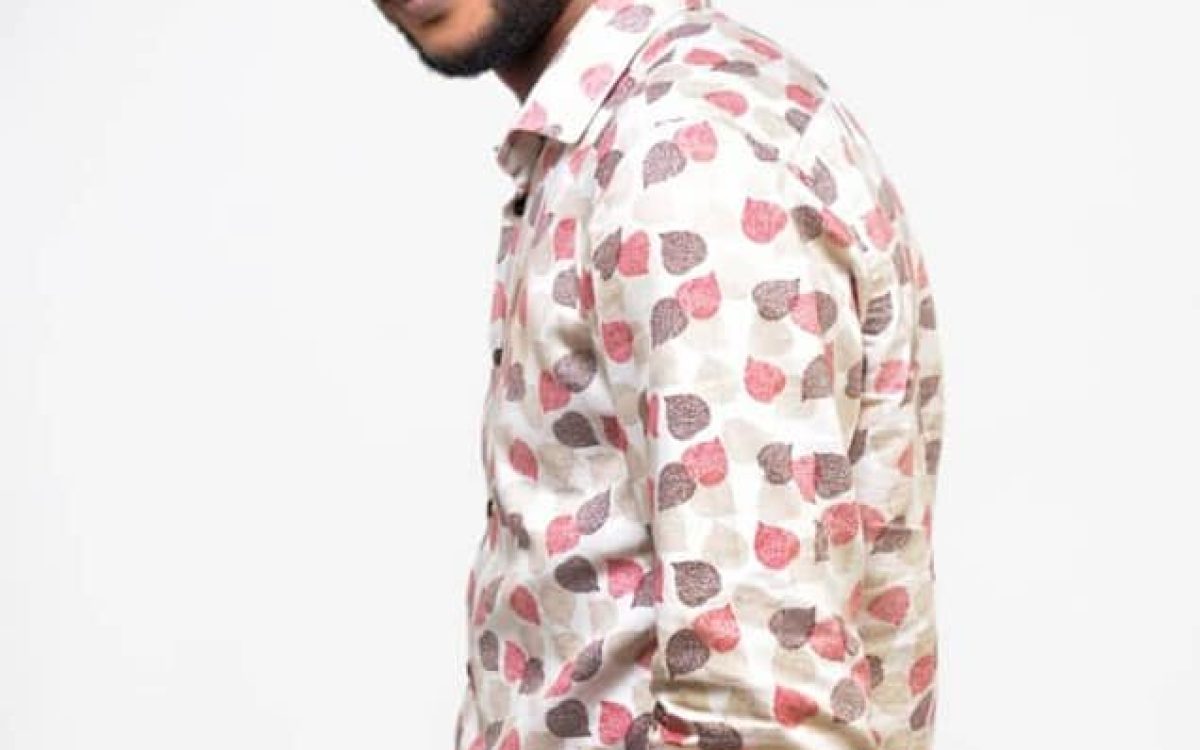
Introduction: The Controversy Surrounding Ebuka Obi
I have listened carefully to the debate surrounding Evangelist Ebuka Obi. After weighing the arguments, it’s clear that the core issue lies in differing perceptions of Catholicism. There are two major groups: those who defend Ebuka and those who criticize him. Supporters view him as a solution to our social and spiritual problems, while critics see him as a threat to Catholicism. Defenders believe that the critics are jealous, while the critics think the supporters are naive and caught up in fanaticism. Being neither on one side nor the other, I propose to show that Ebuka Obi is proof that this is the time of recontextualizing African Catholicism.
Identifying the Core Issue: Recontextualizing African Catholicism
Let us start by considering a few important issues. Where do we situate Ebuka Obi? Is he a renegade catholic, or simply a catholic who is challenging the status quo? In my humble opinion, even though Ebuka is challenging the status quo, he is not a solution to the problematic identity of African Catholicism but an indicator of more profound issues within our practice of Catholicism. I do not think it is wrong to say that the way Catholicism operates in our part of the world is problematic. However, to see Ebuka as proffering a solution to the situation is to misunderstand the nature of his challenges. His influence is temporary, and he is not the first to raise these questions. Many priests before him have questioned whether African Catholicism truly reflects African identity.
The Power and Relevance of Symbols and Liturgy
I have heard those who argue that there is power in the Eucharistic and that Catholics do not need any other spiritual support outside the Catholic Church. Let me say this: No one doubts the power of the Eucharist or any other sacraments. However, the real question is whether the symbols of our sacraments and liturgies resonate with the people’s spiritual and social needs. Are our liturgies addressing the spiritual and social yearnings of our society?
Indeed, it’s not that we lack theologians or that critics of Ebuka Obi lack theological depths. However, they often miss the point that theology is not just theoretical; it’s about reinterpreting people’s experiences of God within their social, political, and religious contexts. Ebuka understands this better than many theologians and is trying to address it within Catholic circles, much like other pastors are doing in different spheres.
The Role of Theology in Social Contexts
Theology is not merely a set of theories; it is a dynamic process of understanding and interpreting people’s experiences of God within their specific social and cultural contexts. Ebuka’s efforts reflect this understanding, as he seeks to address relevant questions within the Catholic community. Like many other pastors, he recognizes the need to make theology relatable and applicable to contemporary issues. This approach should not be seen as a definitive solution but as a necessary step in the ongoing dialogue about faith and practice.
Challenging the Status Quo: A Step Towards Growth
We should not see him as the ultimate solution or condemn those who disagree with him. He is an indicator that there is a need to recontextualize our theology, liturgy, and practice of Catholicism. Those asking questions are right to do so because challenging the status quo is necessary for growth. If not questioned, any movement can become rigid and authoritarian. Ebuka is a step in the process, and someone else will rise after him. His role is temporary, as others before him have risen, questioned, and moved beyond the church structure.
Looking Ahead: The Future of African Catholicism
Those who think he should conform or be silenced misunderstand the nature of social phenomena, which cannot be contained indefinitely. His growth and influence will eventually lead him outside the traditional church structure, not out of disobedience, but as a natural progression. Just as children grow and eventually build their own homes, social movements evolve and cannot be contained.
Anyone trying to reshape the church must be cautious. Ebuka’s influence could pass to those already outside the church waiting for a leader like him. While it’s not wrong to follow him, it is essential to recognize that his path will diverge from the established norms. Historically, many have risen to challenge the church, grown, and moved beyond its boundaries, raising important questions for their time. Ebuka is part of this tradition.
Conclusion: Embracing Change for a Homegrown Solution
The Catholic Church and Christians in Africa need to recontextualize their faith to address the questions and needs of African people. If this isn’t done, many like Ebuka will continue to emerge and eventually move away. By understanding and addressing these questions, the church can develop a homegrown solution that resonates with the people, creating a new way of being church, worshipping, and celebrating the liturgy that truly reflects African culture.






